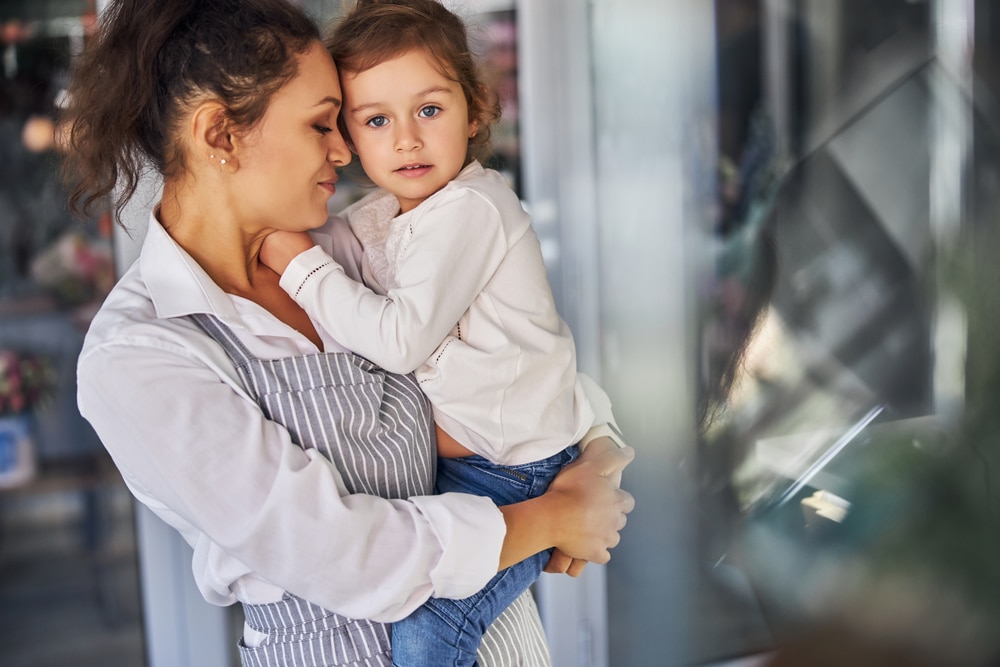How to Tell When Your Child Can Safely Hold Down the Fort

Letting your kids stay home alone is a big decision. That’s why ensuring they are responsible and mature enough to hold down the fort safely is essential. While there’s no perfect age to leave a child home alone, there are certain traits you should want your child to have first.
Before leaving home alone, your kids should know how to follow your rules and be comfortable alone. However, that’s not all. In this article, we list six signs your child is ready to stay home alone:

1. They Know How to Respond in an Emergency
Before leaving your child alone, ensure they know how to respond during an emergency. Many things could happen while your child is alone, from a stranger knocking on the door to a possible fire. Would your child know how to respond? Would they open the door to a stranger or call 911?
Remember, your child should be over-prepared. If you think your child can make the right decisions, they are probably ready to be left alone. If not, teach them how to respond to certain situations. You can write down a list of contacts for your child to call in an emergency. Depending on their age, you might also consider showing them how to use a fire extinguisher.
2. They Know How to Use a Phone
As mentioned above, your child must know how to respond safely if something goes wrong. With that said, this also means you need to provide them with the right resources—for example, a safe phone for kids.
If you don’t think your child is old enough to have a primary phone, they probably shouldn’t be left alone. On the other hand, if they have a phone and know how to use it, you might feel more confident leaving them unattended. With a phone, your child can reach out in an emergency. You can also check in with them while you’re out.
It’s important to remember that giving your child a phone is a big decision. These phones typically don’t have social media or internet access. You want to make sure they’re mature enough to handle the responsibility. Thankfully, you can test that maturity by purchasing a kid-friendly device. This way, kids can learn to use a phone without those distractions.
3. They Can Make Food
Regardless of how long you’re leaving them, your child should know their way around the kitchen at least briefly. Your child doesn’t need to know how to make an entire meal. However, they should be self-sufficient enough to heat food in the microwave and pour themselves a glass of water.
When you’re home, show your children how to heat food. You could also let them help out in the kitchen. You can also show them what to do with dirty dishes and how to clean up if there’s a spill. Consider making these tasks chores so your children get into the habit of doing them daily. It’s easy to teach these skills, but mastery takes practice.
4. They Follow Rules
Does your child listen to you when you’re home? If you tell them to do something, do they follow unthinkingly or push back? If your child doesn’t follow the rules when you’re home with them, they probably won’t follow them when alone. As a parent, you want to be able to trust your child. If you can’t do that yet, it’s probably not time for them to stay alone.
Don’t worry, though; there are ways to help your child learn to follow the rules. An excellent way to do that is by reinforcing the rules and ensuring they are clear. You can also put consequences in place for when those rules are broken. And do your best to be patient. For some children, it takes time to realize regulations are meant to be followed.
5. They Can Resist Peer Pressure
Is your child easily persuaded? Or do they know how to stand on their own two feet? If your child typically gives in to peer pressure, leaving them alone could be trouble. For example, you might tell your child they aren’t allowed to have friends over. But it might happen if their friends decide to throw a party.
Research shows children give in to peer pressure for several reasons. One reason is that they fear getting teased, and the other is that they want to be liked. Teaching kids how to say “no” and helping them feel confident in themselves will teach them how to resist peer pressure. In the meantime, hire a babysitter so your kids aren’t home alone.
6. They Aren’t Afraid to Be Alone
Before leaving your child alone, you should take the time to discuss it with them. Some children may be apprehensive about staying alone. If they’re scared, they might not be ready. Start slowly if you think your child is afraid of being home alone. For example, consider leaving an hour before the babysitter comes and see how that goes.
It can be great to see your child excited about independence. However, if they’re overconfident in saying they want the house to themselves, they might also not be ready. Double-check they meet the above criteria, too. Move slowly with your children, and try not to pressure them into anything they aren’t prepared for.
Before leaving your child alone, use the information above to ensure they are ready. And if they’re not, don’t worry. By teaching your children responsibility, they’ll eventually be able to stay by themselves safely.